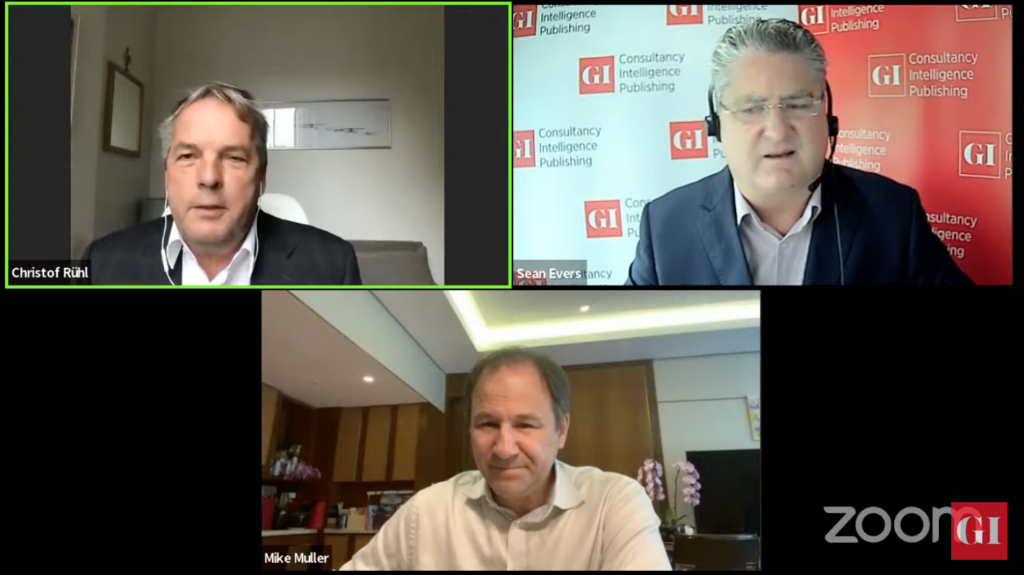Christof Rühl, member of the Advisory Board of Crystol Energy and a Senior Fellow at the Center on Global Energy Policy at Columbia University, discusses the latest global macroeconomic developments and energy markets in this weekly interview to the Gulf Intelligence.
With respect to oil markets, it’s going to continue to be a world which is well-supplied in Q2. The number one risk is the Ukraine war; number two is the uncertainty around central banks being unified on bringing inflation to the 2% targets; and number three is how Europe adjusts its gas needs, as Russian supplies will not resume. We are seeing a trend since the beginning of the year which is stable and downward.
The long-term picture is becoming clearer on a few factors. One is that Chinese growth has slowed to 4% or 5% from 8%. Secondly, there will be no big bounce back without additional stimulus in China, as their government did not dole out money to consumers in the way Europe and the US did during COVID. Thirdly, we have steady growth in Europe and US and relatively low unemployment and energy supplies are sufficient to accommodate that.
Christof also comments on whether central bank policymakers are between a rock and a hard place. It is now this trilemma between lowering inflation, avoiding a recession, and stabilising the banking system. We have a fundamentally different situation from 2008 in the sense that global debt levels in the private and government sector have risen to record levels. Central banks will be very unlikely to bring inflation rates back down to 2% because they will have to find a way of deflating their debt. One way to do this is to keep the moderate inflation level suppressed above 2% rather than bringing interest rates up higher than 4%. So, we are likely to see a balancing act.
On whether we have seen the end of the banking shock, Christof argues that the short term threat is gone yes unless more banks surface which have made similar mistakes to SVB. The more profound threat is that as the adjustment takes place to higher rates of inflation so that higher nominal interest rates are not coming down as fast, then there may be ripple effects somewhere else in the financial sector that we can’t foresee, and that would be much more of a systemic crisis.
Christof is joined by Mike Muller, Head of Vitol Asia. Sean Evers from Gulf Intelligence moderates the discussion.
Related Analysis
“Oil markets: An early peek into 2023“, Dr Carole Nakhle, Jan 2023
“Energy prices and inflation: Politics trump the economics“, Dr Carole Nakhle, Dec 2022
Related Comments
“Oil markets react to OPEC+’s latest decision“, Dr Carole Nakhle, Apr 2023









